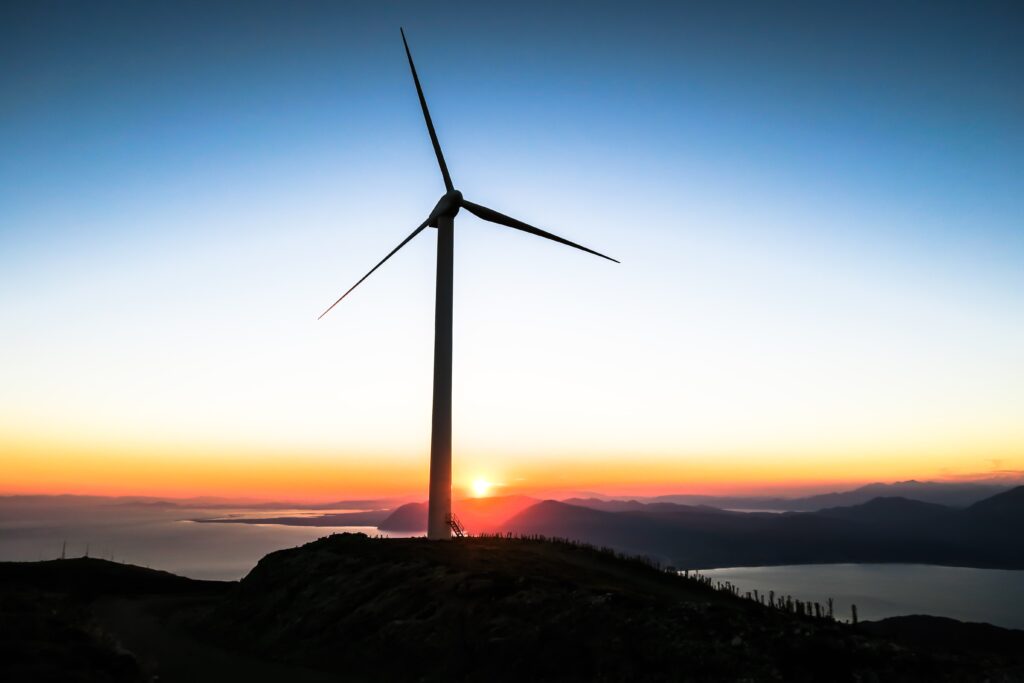Renewable energy sources, waste management, logistics, medicines, agri-food products, and technological enterprises are the six sectors of the Greek economy that have attracted the interest of German groups, who are planning to proceed with multiple investments in Greece in the immediate future.

In 2019, it was reported that German investments in Greece amount to 4.2 billion euros, making up for 3% of Greece’s GDP. According to data collected by the Hellenic-German Chamber of Commerce and Industry, there are currently numerous investments in Greece by 120 German enterprises, with a workforce of about 27,000 people and an annual turnover of 7.7 billion euros.
The continuing interest of the Germans for investments in Greece was confirmed last week by the German Ambassador to Greece, Ernst Reichel, who praised Greece’s response against the novel coronavirus, and how this has impressed investors from Germany, who continue seeing the Mediterranean country as a safe choice for investing.
“Greece is an anchor of stability in the region”, Mr. Reichel stressed characteristically, speaking at the virtual event titled Greek-German Day for Economy and Investments, earlier in October.
“Greece has shown a courageous management of this pandemic and great potential for further growth”, he added, while pointing out that Greece still has comparative advantages, such as the high vocational training of a large part of the population.
Mr. Reichel, however, did not fail to emphasize the need to speed up the administration of justice in the country, in order to facilitate investment. He also emphasized on the need for efficient use of the resources of the Recovery Fund, so that it is a lever for the more stable development of the Greek economy.

During the same event organized by the Hellenic-German Chamber of Commerce and Industry and held under the auspices of the German Embassy in Athens, Greece’s Deputy Minister of Development and Investment, Nikos Papathanasis, announced a new development law, as well as three new strategic investments in the energy sector, with a total budget of 1.6 billion euros. He explained that the main goal of the Greek government is to increase the share of industry in the country's GDP from 9.5%, which is today, to 12% in the next 3 years, and to 15% in the long run.
Costas Frangogiannis, Deputy Minister of Economic Diplomacy and Extroversion at the Ministry of Foreign Affairs, also revealed that other major investments are pending, and will be activated when the cycle of the pandemic finally closes.
“The coronavirus pandemic has shown us that this joint action between Greece and Germany is even more important than before, because only together, as Europeans, will we be able to return to a path of growth after the economic downturn, to support our positions worldwide, to shape the conditions and to remain competitive” was the message sent by the German investors.
Germany has been for many years now the largest trading partner and foreign investor in Greece, ahead of the USA, China and Russia, and it looks like after the upcoming investments the partnership among the two countries will grow further.
“The financial cooperation is a mutually beneficial cooperation, not a zero-sum game. Despite the turmoil in the Greek economy, German companies have remained loyal to Greece and created jobs. More German investments in Greece in the future mean more skilled jobs and more prosperity for Greek citizens” the Hellenic-German Chamber of Commerce and Industry stated.
During the conference, the general director of the Foundation for Economic and Industrial Research, Nikos Vettas, presented a study on the sectors that show investment prospects in Greece and have attracted the interest of investors and enterprises not just from Germany, but from all over the world. The focus of the study is the agricultural sector, industry, construction, logistics, tourism, but also communications. All these sectors produce about 38.7% of the gross value added of the Greek economy and employ 40.9% of employees in the whole country.
Apart from the advantages that Greece has, such as geographical location, natural environment, climate, cultural heritage, and more, the study that Mr. Vettas presented, identified newer and alternative sectors that can attract investment, as they are related to the basic development needs of the country. Climate change creates a need for investment in RES, as well as lower energy materials and construction, smart grids, waste management and recycling, among others.
“There is no doubt that technological developments create needs for investment in the fintech industry, but also for investment in equipment that supports new technologies, while social challenges create needs for investment in health-related fields, such as life sciences, bioinformatics and others” Mr. Vettas concluded.
Apart from the Greek-German Day for Economy and Investments conference, multiple other events between Greece and Germany were organized for 2020, and although many have been postponed and cancelled, some took place virtually.
Earlier in September, at the 85th Thessaloniki International Fair, with Germany as the honoured country, the slogan of the event was “together for growth and innovation”, which was highlighted by both Greece and Germany, with the German Ambassador stating that “this phrase continues to be valid as the motto that will shape our common future.”
READ MORE ON GREEK CITY TIMES:
Minister calls for more German investment - no offence meant to China

